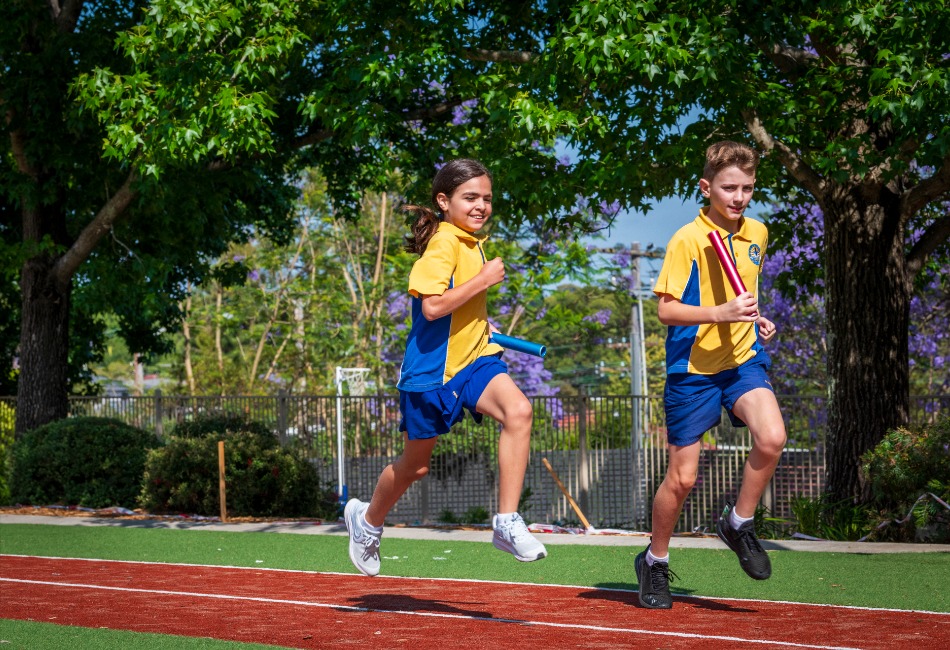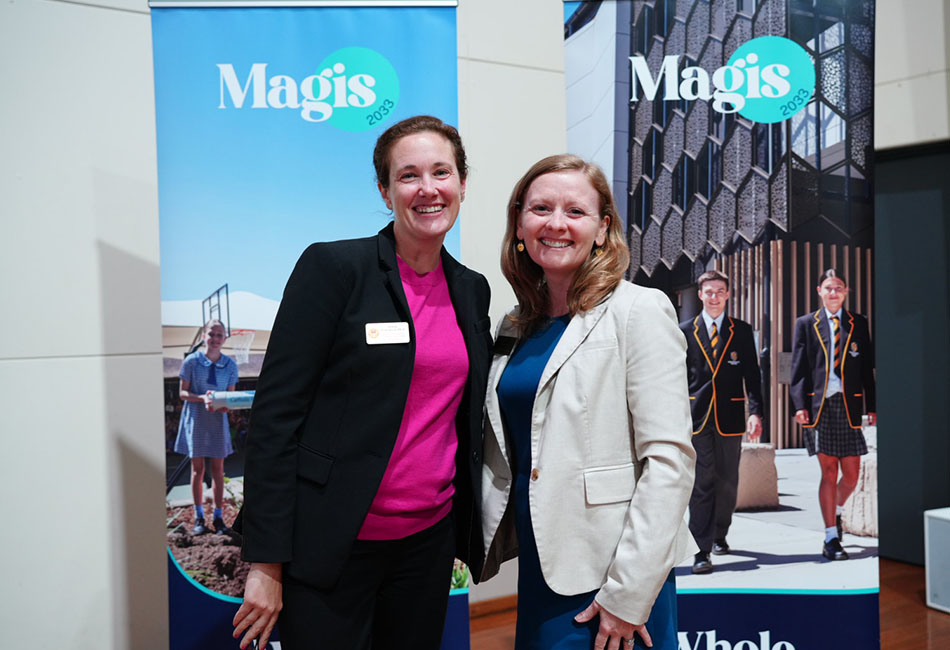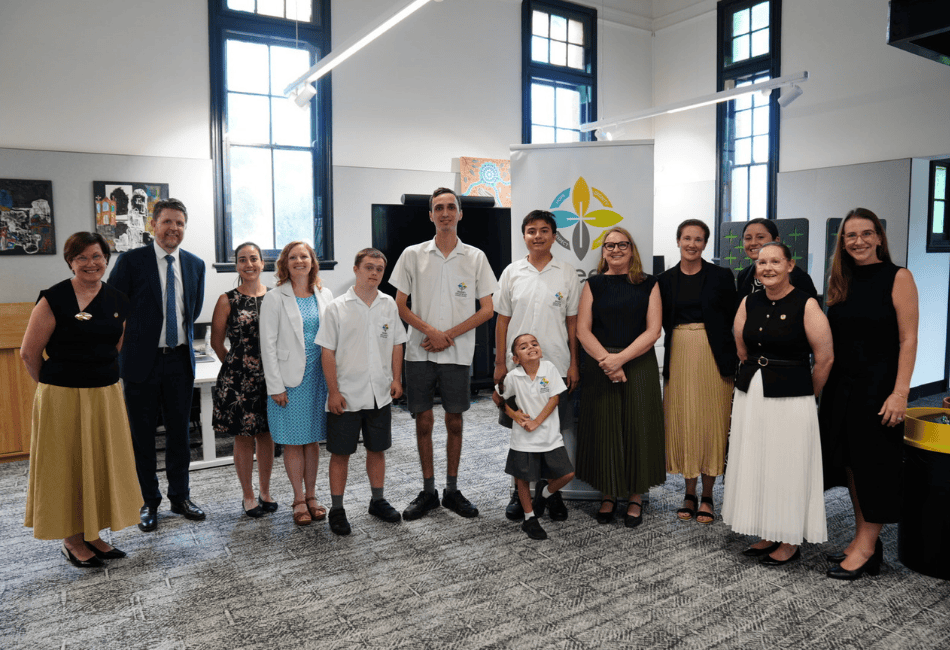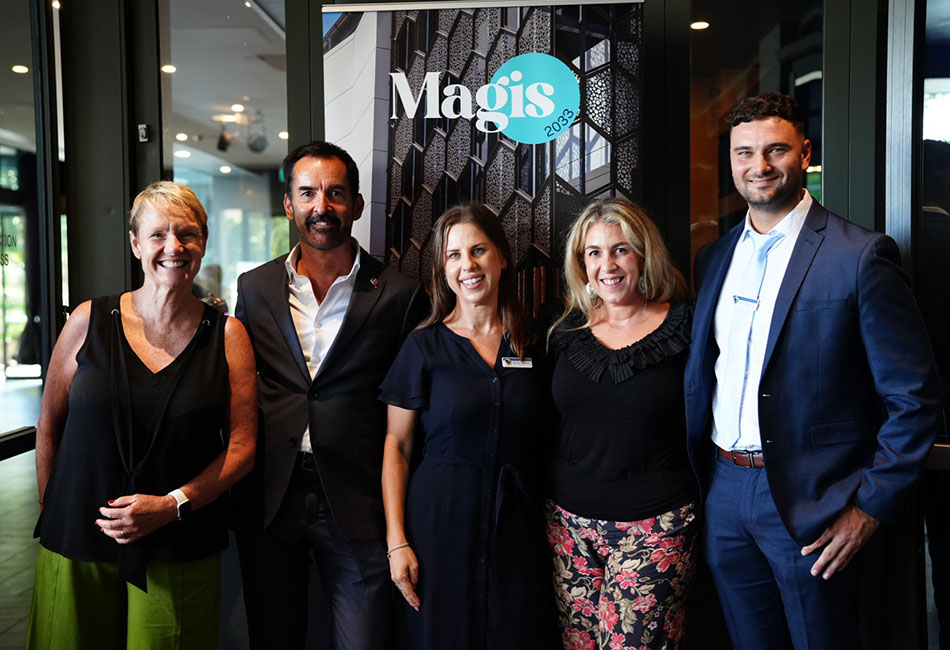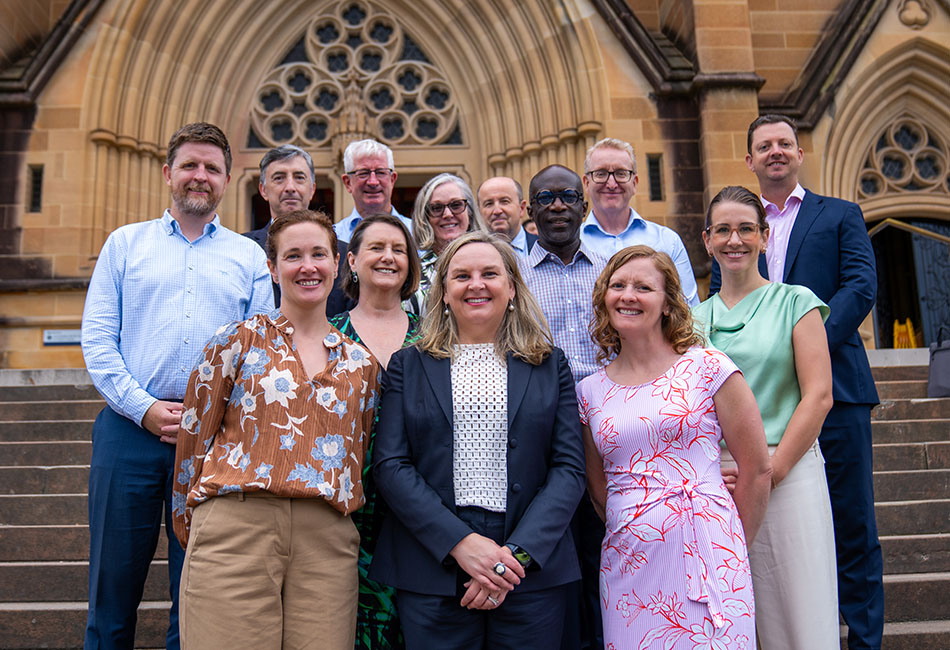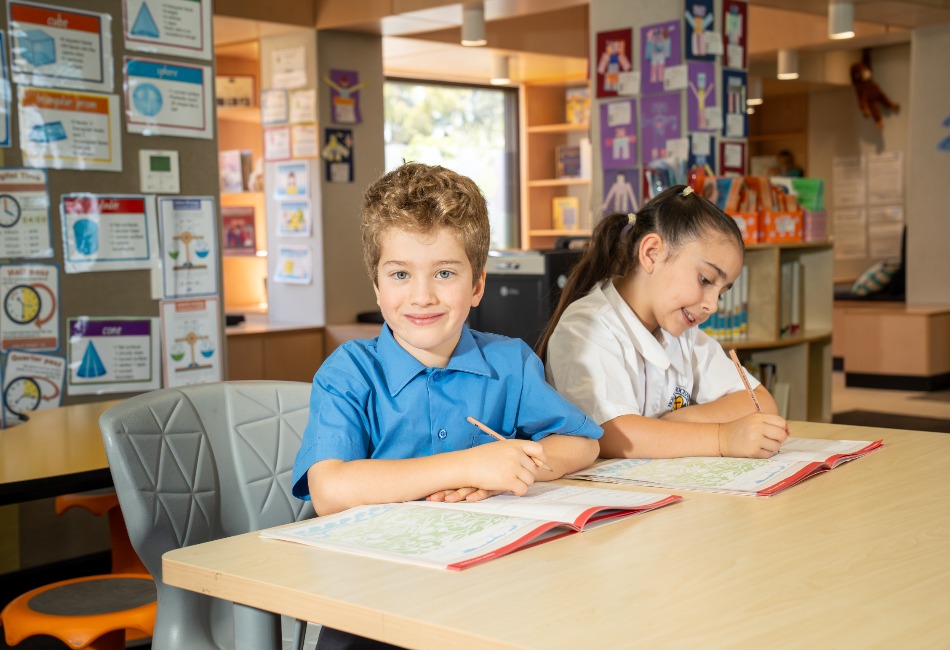With the Paris Olympic Games less than a month away, the determination, camaraderie and sheer physical skill present in elite sport will be on full display.
And while seeing athletes at their peak is a vivid reminder of the many benefits of sport, your child doesn’t have to be a budding Olympian or Paralympian to embrace the positive effects of taking to your nearest pool, track, court or field.
Here are three reasons why making sport a part of daily life from an early age is a winning idea.
The physical benefits
Sport provides an outlet for excess energy, improved sleep quality and motor skills such as balance and coordination.
It also aids the healthy growth of bones, muscles, ligaments and tendons.
“The physical benefits are quite obvious,” said Sydney Catholic Schools Manager of Sport Declan Donohue.
“The more that students are exercising the less chance they have of getting illnesses or long-term injuries.”
“Sport is an excellent avenue to expand their social network.” – Declan Donohue
The social benefits
Mr Donohue said the social benefits of sport are sometimes undervalued, and an important part of the sporting experience.
Whether it’s the inclusiveness and cooperation that comes with a team sport, or just another common interest among new friends, sport brings many social advantages.
“At school students can have a small group of friends that they spend a lot of time with,” Mr Donohue said.
“Sport is an excellent avenue for them to expand their social network.
“School and holiday sport programs in particular give students of all ages an opportunity to meet with others who they may not normally interact with.”
The mental and emotional benefits
The inherent life-lessons in sport can leave young people primed for future workplaces.
Just as learning to cooperate with others can lead to more on-field goals, it is a skill that can give a person more awareness of the valuable part everyone plays in making a project come to life.
Soft-skills like teamwork and communication give strategies to help achieve success in both contexts.
Sport also builds respect for others, resilience, humility and the ability to be gracious when under pressure.
“Sport provides an excellent avenue to experience what it feels like to win and to lose,” Mr Donohue said.
“It’s a great context to practise being gracious when things go your way and to build resilience when they don’t. These are all such valuable life skills.”
Sydney Catholic Schools’ sports team has introduced a ‘player’s player’ medal, where the captain of one team gives a medal to a player from the opposition to acknowledge outstanding effort or sportsmanship.
The peer-awarded medal is given at Thursday sport competitions and junior sport gala days.
“It’s not always awarded to the best player,” Mr Donohue said.
“It’s for that person who gave 110 per cent for the whole game, or who played out of position or helped someone who was injured.”
“Our young athletes get a great joy out of receiving a medal from the opposition team.”
“The sooner they try a range of sports and find the one they love, the better.” – Declan Donohue
A broad playing field
At Sydney Catholic Schools, sport is for all ages and abilities. From beginner to elite, an inclusive variety of sports are offered for students to enjoy in both competitive and non-competitive settings.
At present, Sydney Catholic Schools provides exposure to 38 different sports from Kindergarten through to Year 12.
These span traditional competitive and team sports including athletics, water polo and soccer, adventurous options such as mountain biking and surfing, and an all-abilities goal ball program.
Mr Donohue said the best way for students to find a sport they enjoy is to try as many as possible.
“I don’t think there is any real formula to knowing if your son or daughter is going to be good at an individual sport or a team sport,” he said.
“The sooner they try a range of sports and find the one they love, the better.”
An emphasis on excellence in all areas of education – from academic to vocational, sport and the arts – helps Sydney Catholic Schools nurture the potential of all students in their 147-strong network of primary and secondary schools.
Click here to find your nearest Catholic school.

